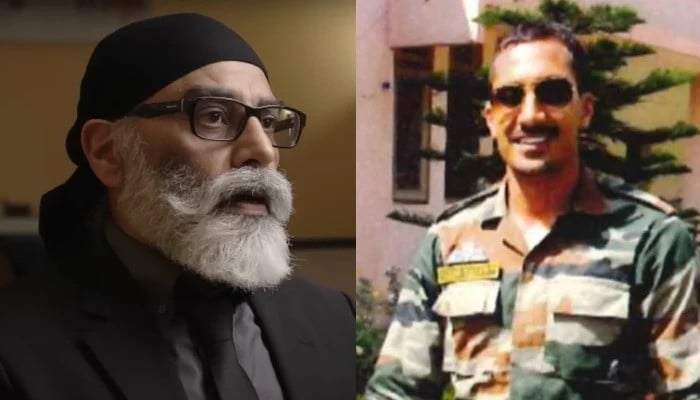
The recent indictment of Vikash Yadav, an alleged Indian intelligence officer, by the U.S. Department of Justice has sparked widespread concern over India’s escalating efforts to suppress dissent beyond its borders. The case has brought to light India’s aggressive stance toward its diaspora, especially those advocating for the Khalistan movement, and exposes a dangerous trend of transnational repression. The implications of this assassination plot on U.S. soil are far-reaching, threatening to damage India’s diplomatic relationships with Western nations and placing the country’s human rights record under intense scrutiny.
Vikash Yadav, reportedly working for India’s Research and Analysis Wing (RAW), and his co-conspirator Nikhil Gupta, have been accused of plotting the murder of Gurpatwant Singh Pannun, a U.S.-based attorney and advocate of the Khalistan movement. The plot, which began in May 2023, involved recruiting a hitman to carry out the assassination in New York. Thanks to undercover U.S. law enforcement efforts, the assassination attempt was thwarted, and Gupta was arrested in the Czech Republic and extradited to the U.S., while Yadav remains on the run.
This case is significant not only because it demonstrates the lengths to which India is willing to go to silence its critics abroad but also because it reflects a broader pattern of Indian actions against dissident voices in the diaspora. The assassination of Hardeep Singh Nijjar, a Canadian Sikh separatist, in June 2023 further intensified fears among Sikh activists worldwide. India’s covert actions, including extrajudicial killings and intimidation tactics, are increasingly coming under the spotlight, raising questions about its adherence to international law and respect for diplomatic norms. At the heart of this issue is India’s ruling Bharatiya Janata Party (BJP) and its Hindutva-driven ideology, which has increasingly defined the country’s domestic and international policies. Under Prime Minister Narendra Modi, India has witnessed a surge in nationalist rhetoric, often aimed at suppressing minority voices, particularly those advocating for self-determination or greater autonomy. The Khalistan movement, which seeks an independent Sikh state, is one such movement that has been labeled as a threat to India’s territorial integrity.
However, India’s narrative on Khalistan is not without controversy. While the Indian government frames the movement as a terrorist organization, many international observers view it as a legitimate struggle for self-determination, protected under international law. India’s labeling of Sikh separatists as extremists is seen by some as a tactic to divert attention from its internal failures and justify its repression of minority groups. This repression extends beyond India’s borders, as evidenced by the plot to assassinate Pannun and the murder of Nijjar. The Hindutva agenda has fueled a broader crackdown on minorities, with Muslims, Dalits, and Christians also facing discrimination and violence under BJP rule. The targeting of Sikh activists abroad is just one facet of this larger issue, as India seeks to stifle dissent and consolidate its control over disputed territories like Kashmir and Punjab. The willingness to engage in extrajudicial actions, even on foreign soil, is a dangerous escalation of India’s efforts to maintain its nationalist agenda at all costs.
The assassination plot has cast a shadow over U.S.-India relations, which have grown closer in recent years due to shared economic and strategic interests. However, the revelation that Indian operatives were involved in a murder-for-hire scheme targeting an American citizen has created a diplomatic rift. The U.S. government has made it clear that such actions will not be tolerated on its soil, and the case has raised serious concerns about India’s willingness to abide by international norms and respect the sovereignty of other nations. As the U.S. grapples with this diplomatic crisis, it will need to reassess its relationship with India, particularly in light of the latter’s aggressive stance toward diaspora communities. The U.S. prides itself on being a haven for free speech and political activism, and any attempts to silence dissidents within its borders will not be taken lightly. This case could mark a turning point in how the U.S. engages with India, particularly if more evidence emerges of India’s involvement in extrajudicial actions abroad.
The assassination plot against Pannun, and the broader targeting of Sikh separatists, has brought India’s repressive tactics into sharp focus. As India grapples with the consequences of its actions, it must decide whether it will continue down the path of authoritarianism and repression or choose to respect the rights of its citizens, both at home and abroad. The world is watching, and India’s actions in the coming months will determine whether it can retain its status as a responsible global power or be seen as a nation that prioritizes nationalism over human rights.
